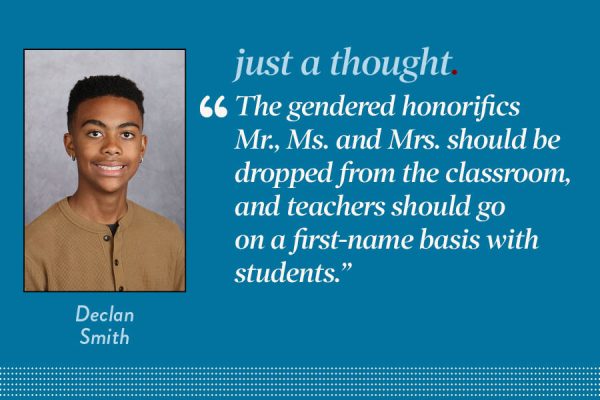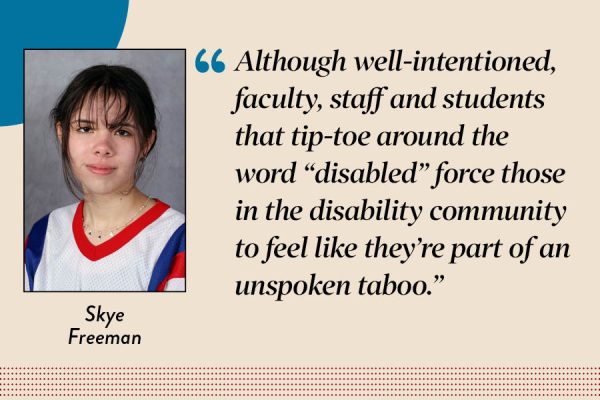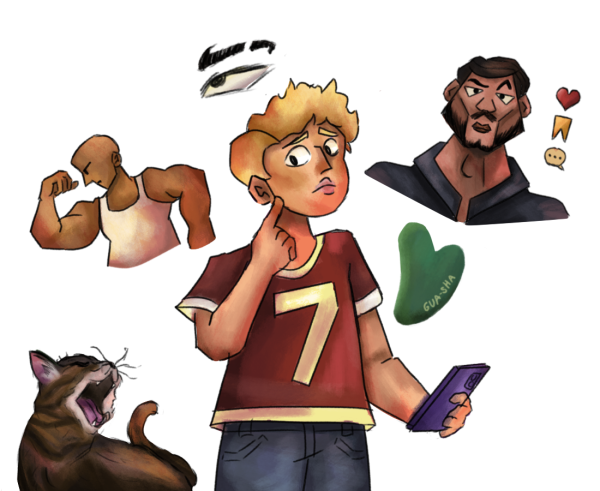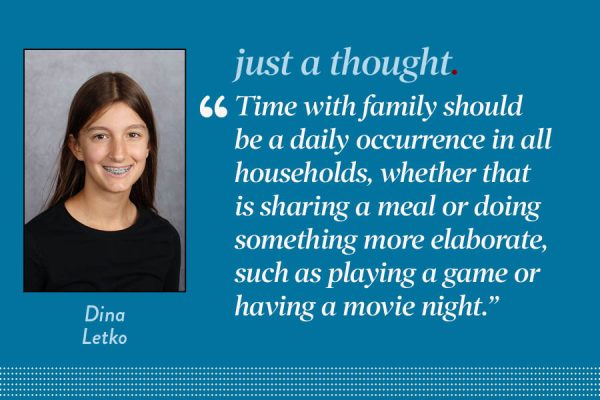Sexist images in video game communities harm players
May 10, 2019
“Kill yourself.”
“Slut. Whore.”
In 2014, gamer Zoe Quinn received comments like these after she tried to change a gaming culture she deemed toxic. This is not the only time comments like these have been aimed at video game players.
Five years later, some gamers still have this attitude. When I spent time playing “Fortnite” as recently as this month, I received similar degrading comments criticizing me with comments like, “Bitches can’t play games.”
These comments only further prove Ms. Quinn’s point: gaming culture must move on from its deep-seated sexism.
Although approximately an equal amount of men and women play video games, according to a 2012 study published in the Journal of Interpersonal Violence, the games use violent content and sexualization of female characters to target men.
In fact, this study has found evidence that the depiction of violence and the sexualization of women increases the likelihood that the men will accept or tolerate violence such as rape through rape-supportive attitudes. The repeated exposure men have to women’s bodies as depicted in video games transfers to their everyday lives. Some male gamers demand access to women and feel entitled to do what they wish. I’m afraid that the over sexualization of the female characters, which leads to acceptance of rape culture, will lead these men to commit these horrible crimes.
Despite awareness of this objectification, the gaming community as a whole has shown little change. When women gamers stand up for their dignity and ask for women characters to be shown in less revealing clothing, the gamers face horrible backlash, including threats of death and rape, and doxxing — publishing someone’s personal information online.
In 2013, Ms. Quinn came out with a text-based game about her struggles with depression. This game received major backlash such as death and bomb threats, resulting in her fleeing her home. The aftermath created the Gamergate movement, a campaign demanding fair representation and ethical video game practices
Soon afterward many gamers gave this campaign a backlash, complaining about the inclusion of feminist ideals in their games.
Unfortunately, this is still common behavior in video game culture. The chat sections of some video games are filled with slurs and offensive language. The sexualization of women in the games are reinforced by the comments of players, which may affect how those players think about and treat women in their real lives.
It’s up to video game creators and to the gamers themselves to resist these offensive norms video games have held and to not stand for an environment that perpetuates gender stereotypes.


















Shaun Sites • Feb 22, 2021 at 10:57 pm
This is misleading.You are pinning the actions of a few onto the entire community and this is why most gamers do NOT like reporters.Most of you have an agenda and gamers like myself,someone who treats everyone equally do not appreciate the stereotypes you keep forcing apon the majority when in fact you need to target the small majority who are doing it.We have been trying to police these individuals for years,Pretty much since the early days of xbox live.You think its bad now? You should have seen it in its beginnings.It was horrendous.So please stop demonizing all gamers and start realizing you are not helping the situation by saying that because of sexualized characters and violence that we accept rape.That is a completely false statement and I believe you need to retract that statement.I am a male gamer myself and I am appalled you would even insinuate that! Noone accepts rape.Not one single person Im aware of.Its horrible and should never occur.Your statement paints all gamers in a negative light and I am for one tired of the lies and misleading statements created to create outrage to garner attention.This is not the way to get your point across,as wrong as it is,you are entitled to that opinion but you tried to portray it as credible fact.Because I for one am part of this community as an ambassador and a semi pro player and have never once heard anyone within my circle say it is acceptable to rape someone,because they know that something like that would instantly get them permanently removed from the community and any competitive teams would be shut down INSTANTLY.